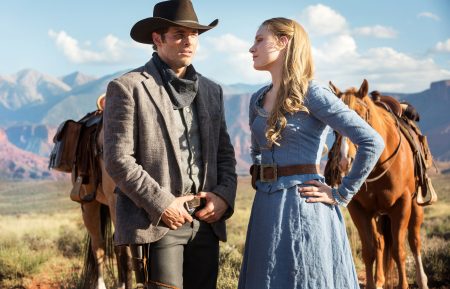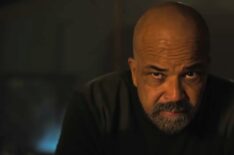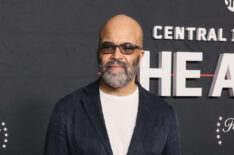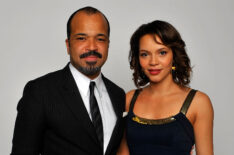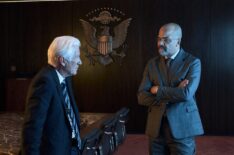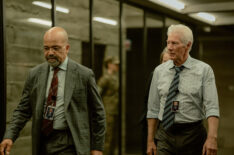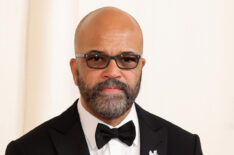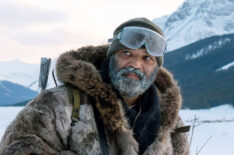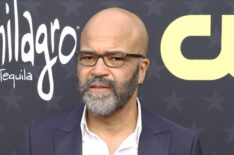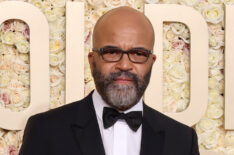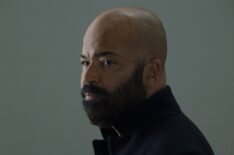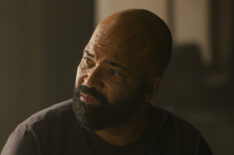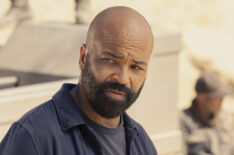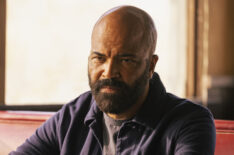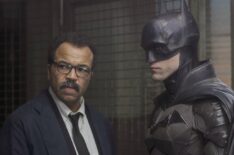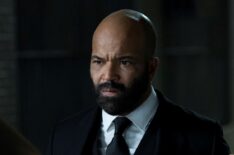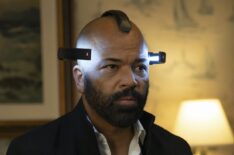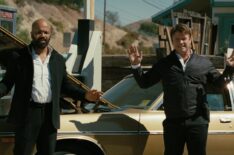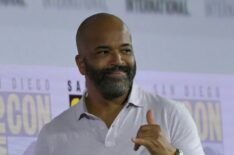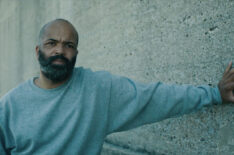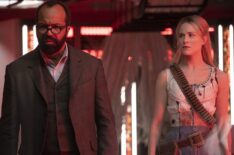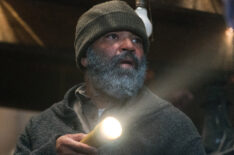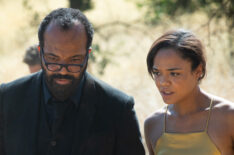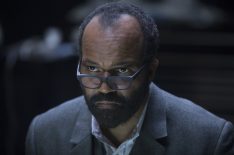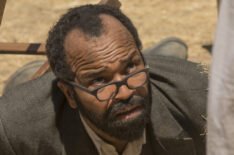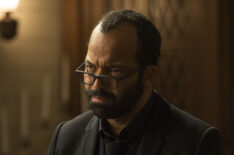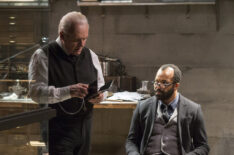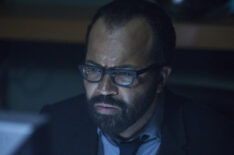Jeffrey Wright
Credits

The Phoenician Scheme
Actor
Movie
2025

The AgencyStream
Actor
Henry Ogletree
Series
2024

FREE PAR+ WITH SHO: The Agency (FREE FULL EPISODE) (TVMA)
Actor
Show
2024

The Agency: Central Intelligence
Actor
Henry Ogletree
Show
2024

Ark: The Animated SeriesStream
Voice
Henry Townsend
Series
2024

The 30th Annual Screen Actors Guild Awards
Self
Show
2024

Off Script With The Hollywood Reporter
Guest
Talk
2023

Live with Kelly and MarkStream
Guest
Talk
2023

Bill Russell: LegendStream
Narrator
Miniseries
2023

Asteroid CityStream
Actor
General Gibson
Movie
2023

RustinStream
Actor
Rep. Adam Clayton Powell
Movie
2023

American FictionStream
Actor
Thelonious "Monk" Ellison
Movie
2023

Atrabilious
Actor
Movie
2023

The Jennifer Hudson Show
Guest
Talk
2022

Access Daily With Mario & Kit
Guest
Show
2022

Frederick Douglass: In Five SpeechesStream
Actor
Miniseries
2022

Lincoln's DilemmaStream
Narrator
Docuseries
2022

Inside the Black BoxStream
Self
Talk
2022

The BatmanStream
Actor
Lt. James Gordon
Movie
2022

Nick Cannon
Guest
Talk
2021

Batman: The Audio AdventuresStream
Voice
Batman
Series
2021

What If...?Stream
Voice
The Watcher
Series
2021

No Time to DieStream
Actor
Felix Leiter
Movie
2021

The French DispatchStream
Actor
Roebuck Wright
Movie
2021

While the Rest of Us DieStream
Narrator
Docuseries
2020

GMA3: What You Need to Know
Guest
Show
2020

All Day and a Night
Actor
J.D.
Movie
2020

Green Eggs and Ham
Voice
McWinkle
Show
2019

Green Eggs and Ham: The Second Serving
Voice
McWinkle
Show
2019

The Kelly Clarkson ShowStream
Guest
Talk
2019

Tamron HallStream
Guest
Talk
2019

The Goldfinch
Actor
Hobie
Movie
2019

The Laundromat
Actor
Boncamper
Movie
2019

We Are Not Done Yet
Actor
Show
2018

We Are Not Done Yet
Producer
Show
2018

Rigged: The Voter Suppression Playbook
Narrator
Show
2018

Today 3rd Hour
Guest
Show
2018

Question Your Answers
Actor
Show
2018

Late Late Show With James Corden: Best of the Week
Guest
Show
2018

Hold the DarkStream
Actor
Russell Core
Movie
2018

Moynihan
Narrator
Movie
2018

O.G.Stream
Actor
Louis
Movie
2018

The Public
Actor
Anderson
Movie
2018

All Rise
Actor
Mr. Harmon
Movie
2018

Friday's Child
Actor
Movie
2018

Age Out
Actor
Detective Portnoy
Movie
2018

Access Live
Guest
Show
2017
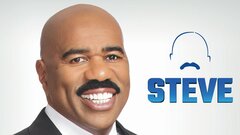
STEVE on Watch
Guest
Talk
2017

Krimisommer
Actor
Colin Fairbanks
Show
2017

Live with Kelly and Ryan
Guest
Talk
2017

Running For His Life: The Lawrence Phillips Story
Narrator
Show
2016

WestworldStream
Actor
Bernard Lowe
Series
2016

Westworld FREE
Actor
Jeffrey Wright
Show
2016

Westworld: Extras
Self
Show
2016

ConfirmationStream
Actor
Charles Ogletree
Movie
2016

The Daily Show with Trevor NoahStream
Guest
Talk
2015

The Late Show With Stephen ColbertStream
Guest
Talk
2015

Close Up With The Hollywood Reporter
Guest
Show
2015

The Late Late Show With James Corden
Guest
Talk
2015

The Hunger Games: Mockingjay, Part 2Stream
Actor
Beetee
Movie
2015

The Good DinosaurStream
Voice
Poppa
Movie
2015

Variety Studio: Actors on Actors
Guest
Show
2014

Saving My TomorrowStream
Actor
Docuseries
2014

Saving My TomorrowStream
Self
Docuseries
2014

q
Guest
Show
2014

The Rich Eisen Show
Guest
Show
2014

Late Night With Seth MeyersStream
Guest
Talk
2014

The Hunger Games: Mockingjay, Part 1Stream
Actor
Beetee
Movie
2014

The Queen Latifah Show
Guest
Talk
2013

The Real
Guest
Talk
2013

Classical:Poetry
Actor
Show
2013

Only Lovers Left AliveStream
Actor
Dr. Watson
Movie
2013

A Single Shot
Actor
Simon
Movie
2013

The Inevitable Defeat of Mister and PeteStream
Actor
Henry
Movie
2013

Broken City
Actor
Fairbanks
Movie
2013

The Hunger Games: Catching FireStream
Actor
Beetee
Movie
2013

Anderson Live
Guest
Show
2012
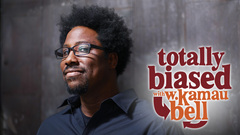
Totally Biased With W. Kamau BellStream
Guest
Series
2012

Entertainment Studios.TV
Guest
Show
2012

Finding Your RootsStream
Guest
Reality
2012

Ernest & Celestine
Voice
Grizzly Judge
Movie
2012

A Child's Garden of Poetry
Voice
Show
2011

Source CodeStream
Actor
Rutledge
Movie
2011
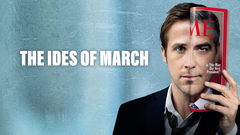
The Ides of MarchStream
Actor
Sen. Thompson
Movie
2011

Extremely Loud & Incredibly Close
Actor
William Black
Movie
2011

The Talk
Guest
Talk
2010
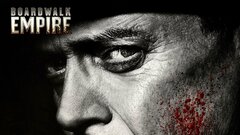
Boardwalk EmpireStream
Actor
Dr. Valentin Narcisse
Series
2010

ES.TV
Guest
Show
2009

Studio Spotlight
Actor
Show
2008

The Wendy Williams ShowStream
Guest
Talk
2008

Classical Baby (I'm Grown Up Now): The Poetry Show
Voice
Himself
Show
2008

Quantum of SolaceStream
Actor
Felix Leiter
Movie
2008

W.
Actor
Colin Powell
Movie
2008

Cadillac RecordsStream
Actor
Muddy Waters
Movie
2008

Chelsea Lately
Guest
Talk
2007

The Invasion
Actor
Dr. Stephen Galeano
Movie
2007

Chicago 10
Voice
Bobby Seale
Movie
2007

Blackout
Actor
Nelson
Movie
2007

Blackout
Producer
Movie
2007

Our World With Black Enterprise
Guest
Show
2006
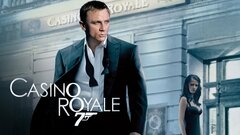
Casino RoyaleStream
Actor
Felix Leiter
Movie
2006

Lady in the Water
Actor
Mr. Dury
Movie
2006

Robot ChickenStream
Guest Voice
Series
2005

Lackawanna Blues
Actor
Mr. Paul
Movie
2005

Broken FlowersStream
Actor
Winston
Movie
2005

SyrianaStream
Actor
Bennett Holiday
Movie
2005

HouseStream
Guest Star
Dr. Walter Cofield
Series
2004

Tavis Smiley
Guest
Talk
2004

The Manchurian CandidateStream
Actor
Al Melvin
Movie
2004

With All Deliberate Speed
Narrator
Movie
2004

Angels In AmericaStream
Actor
Mr. Lies
Miniseries
2003

Sam Cooke: Legend
Narrator
Show
2003

Jimmy Kimmel Live!Stream
Guest
Talk
2003

Angels in America
Actor
Belize
Movie
2003

Keeping Time: The Life, Music & Photographs of Milt Hinton
Actor
Movie
2003
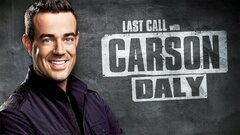
Last Call With Carson Daly
Guest
Talk
2002

Eye See YouStream
Actor
Jaworski
Movie
2002

Boycott
Actor
Dr. Martin Luther King Jr.
Movie
2001

AliStream
Actor
Howard Bingham
Movie
2001

106 & Park: BET's Top 10 Live
Guest
Show
2000

Entertainment Studios.com
Guest
Show
2000

HamletStream
Actor
Gravedigger
Movie
2000

Crime and Punishment in Suburbia
Actor
Chris
Movie
2000

ShaftStream
Actor
Peoples Hernandez
Movie
2000

Sin's Kitchen
Actor
Rex
Movie
2000

Laberinto de Piedras
Actor
Ninny
Movie
1999

Ride With the Devil
Actor
Daniel Holt
Movie
1999

Cement
Actor
Ninny
Movie
1999

Kickin' It: With Byron Allen
Guest
Show
1998

Meschugge
Actor
Win
Movie
1998

Too Tired to Die
Actor
Balzac Man
Movie
1998
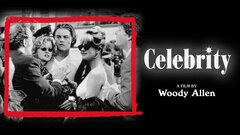
CelebrityStream
Actor
Greg
Movie
1998

Critical Care
Actor
Bed Two
Movie
1997

Faithful
Actor
Young Man at Rolls
Movie
1996

Basquiat
Actor
Jean Michel Basquiat
Movie
1996
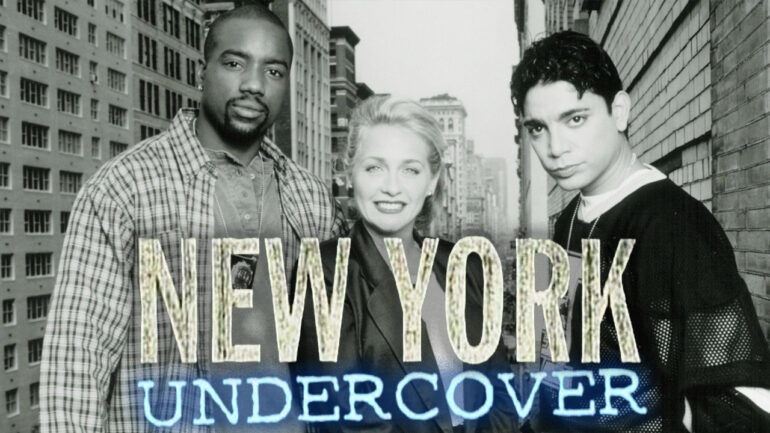
New York UndercoverStream
Guest Star
Series
1994

Young Indiana Jones and the Mystery of the Blues
Actor
Sidney Bichet
Movie
1993

The Adventures of Young Indiana Jones
Actor
Show
1992

The Young Indiana Jones ChroniclesStream
Actor
Series
1992

Good Morning America
Guest
News
1975
News aboutJeffrey Wright
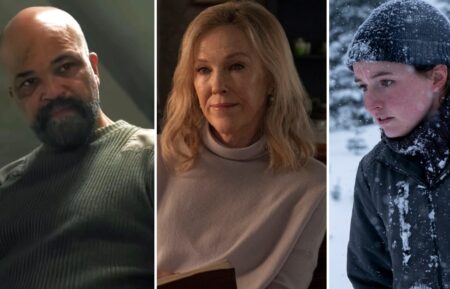
‘The Last of Us’: 9 New Characters Joining the Mix in Season 2
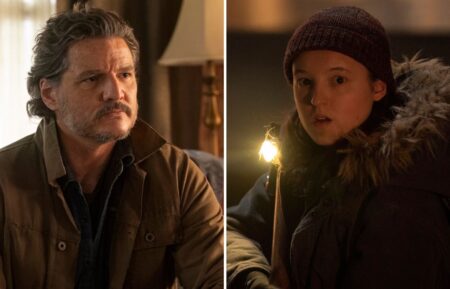
Preview
‘The Last of Us’ Boss Takes Us Inside the Joel & Ellie Rift in Season 2
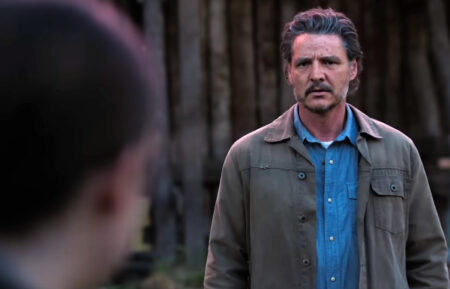
‘The Last of Us’ Season 2 Trailer: Fans Point Out Their Favorite Details
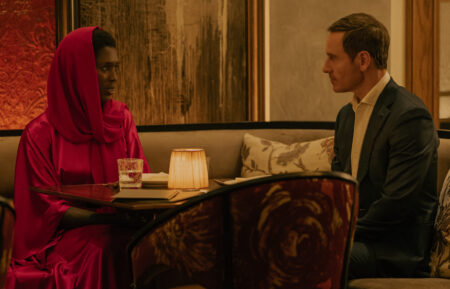
‘The Agency’ Renewed: Everything We Know About Spy Thriller’s Season 2
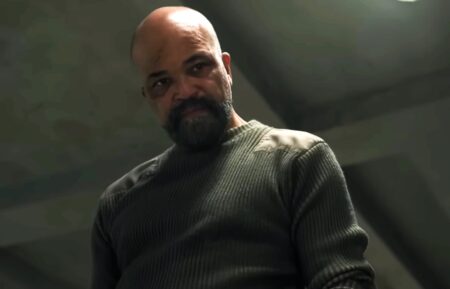
‘The Last of Us’ Season 2: Jeffrey Wright Talks Reprising Video Game Role as Isaac

Preview
‘The Agency’: Jeffrey Wright Reveals What Drew Him to the Role of Henry in New Political Thriller (VIDEO)
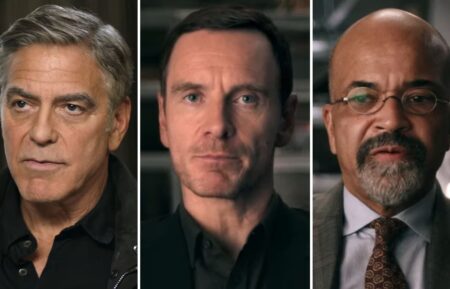
Exclusive
‘The Agency’ Stars & Team Tease Series Will ‘Compel and Entertain’ in First Look (VIDEO)

‘The Agency’ Adds Dominic West — Plus, See Michael Fassbender & Jodie Turner-Smith in Action-Packed Trailer (VIDEO)
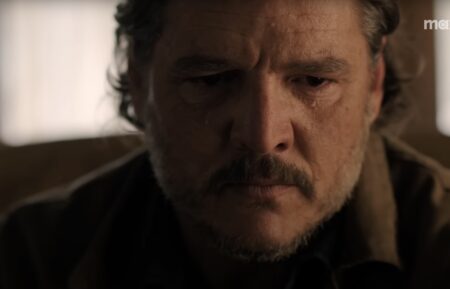
Spoiler Alert
What Could Likely Happen in ‘The Last of Us’ Season 2, According to the Game
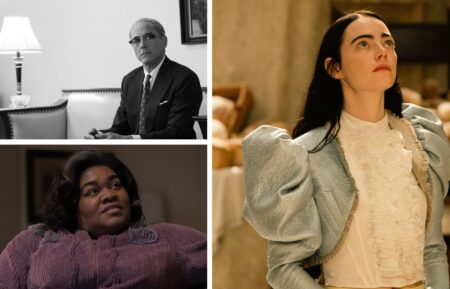
Robert Downey Jr., Da’Vine Joy Randolph & More Oscar Nominees in Their Notable TV Roles

2024 Screen Actors Guild Awards: How to Watch, Presenters, Nominees & More

‘Hold the Dark,’ ‘Primal’ & More Must-See Suspense Dramas Streaming on Netflix

‘What If…?’ Season 2 Sets Release Date — See New Avengers & Villains (VIDEO)
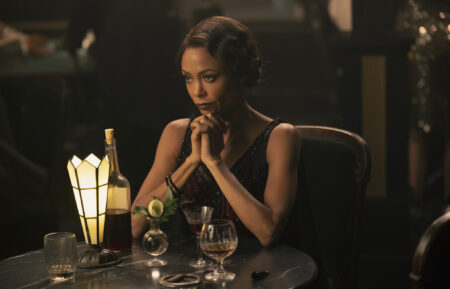
‘Westworld’ Stars Still Getting Paid for Canceled Season 5
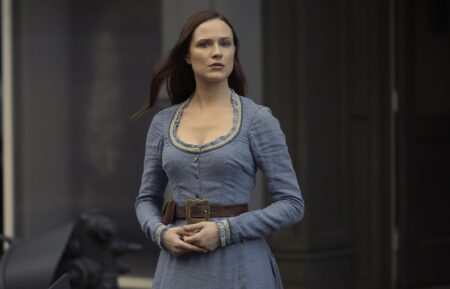
‘Westworld’ Canceled at HBO After 4 Seasons
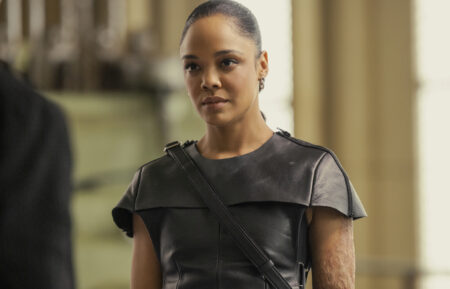
Spoiler Alert
‘Westworld’ Delivers an Emotional, Mostly Satisfying Season 4 Finale (RECAP)
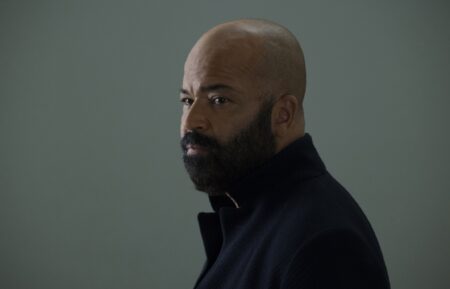
Spoiler Alert
‘Westworld’ Star Jeffrey Wright on Bernard’s Journey & Season 4’s Big Ideas
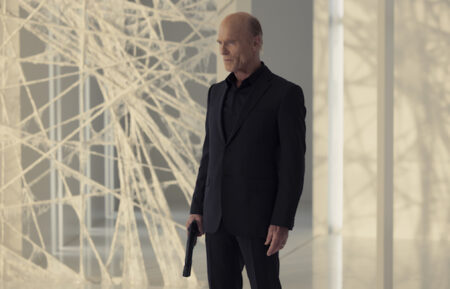
Spoiler Alert
‘Westworld’: Bodies, Bodies, Bodies in Penultimate Episode (RECAP)
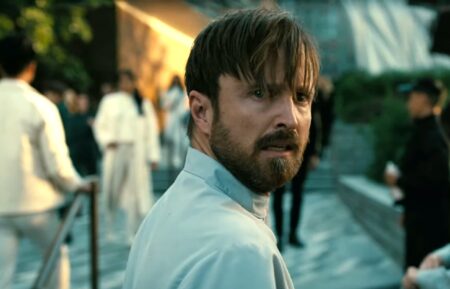
Spoiler Alert
‘Westworld’ Puts Aaron Paul(s) Through the Wringer in ‘Fidelity’ (RECAP)

Opinion
In Season 4, ‘Westworld’ Has Brought Itself Back Online
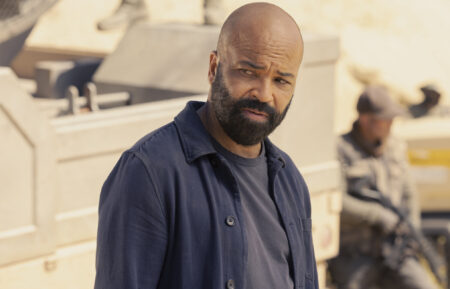
Spoiler Alert
‘Westworld’ Kind of, Sort of Kills Off a Major Character in ‘Generation Loss’ (RECAP)
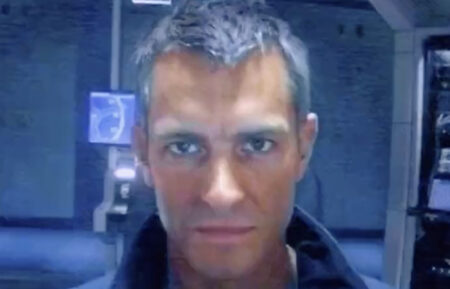
Best Lines of the Week (July 8-14): ‘From Now on, I’m Calling the Shots’
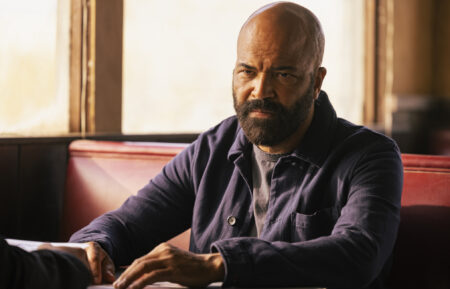
Spoiler Alert
‘Westworld’ Explores a Dangerous New Park & Bernard Sees the Future (RECAP)

Preview
‘Westworld’ Cast Previews What’s New, Plus the Uneasiness of Season 4 (VIDEO)
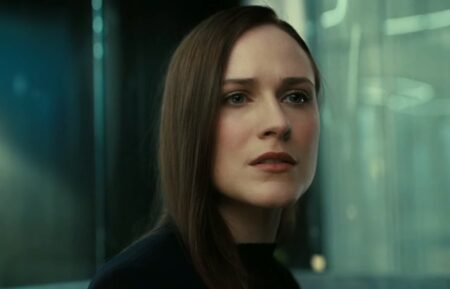
‘Westworld’ Season 4 Trailer: Who’s a Host and Who’s a Human Now? (VIDEO)
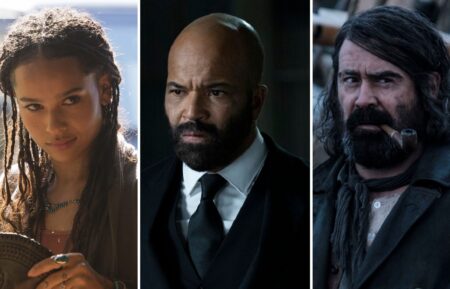
Where to Watch ‘The Batman’ Stars on TV
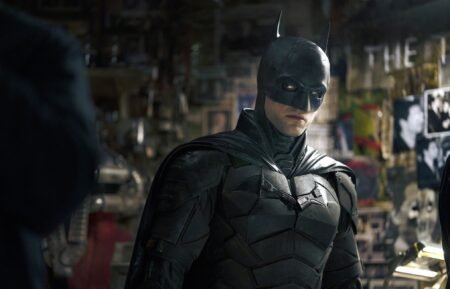
‘The Batman’: Robert Pattinson’s Caped Crusader to Stream on HBO Max
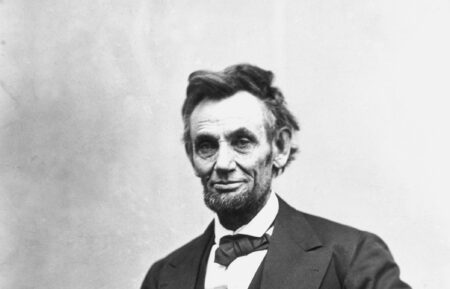
Preview
‘Lincoln’s Dilemma’ Team on Exploring Limitations Set by History in Apple TV+ Doc
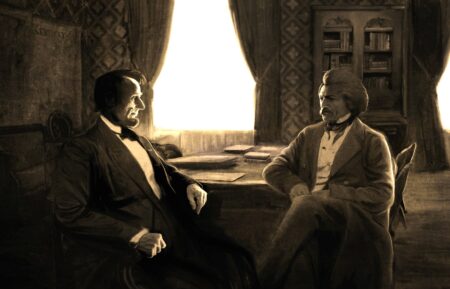
‘Lincoln’s Dilemma’ Re-Examines the President’s Story for Apple TV+ (VIDEO)
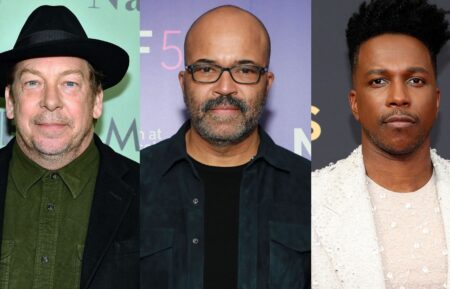
‘Lincoln’s Dilemma’: Apple TV+ Docuseries to Feature Jeffrey Wright, Leslie Odom Jr. & More
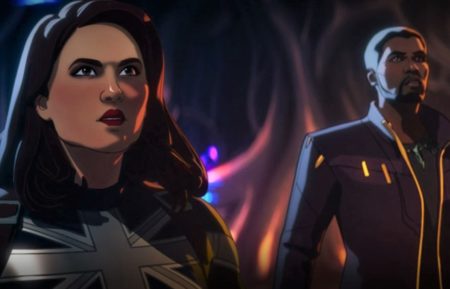
Spoiler Alert
‘What If…?’ Creative Team on the Guardians of the Multiverse & That Captain Carter Twist

How ‘What If…?’ Has Been Leading to a New MCU Team-Up
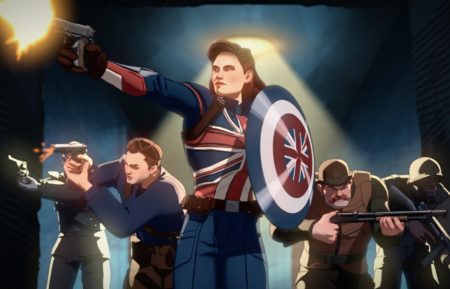
Preview
Marvel’s ‘What If…?’ Creatives Promise ‘Twisted’ Fun, Tease ‘Party Thor’ & More Surprises
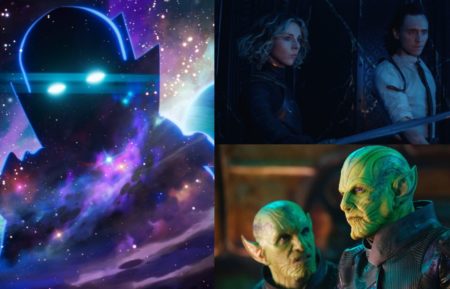
Marvel Disney+ Series: Your Guide to ‘Hawkeye,’ ‘Secret Invasion’ & More
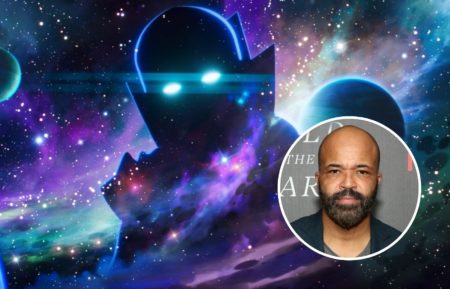
Preview
Marvel’s ‘What If…?’: Jeffrey Wright Teases New ‘Deeply Satisfying’ MCU Stories
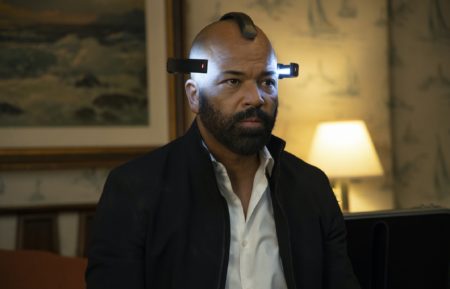
Q&A
‘Westworld’s Jeffrey Wright on Bernard’s Emotional Finale Moments & His Charity ‘Brooklyn for Life’
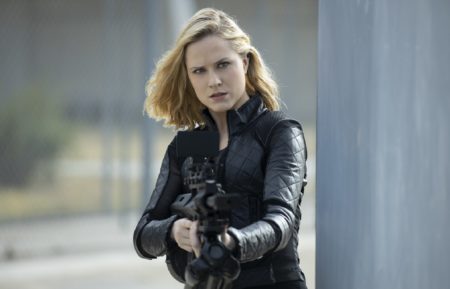
‘Westworld’s Cast & Creators to Discuss Season 3 in ‘Paley Front Row’ Series
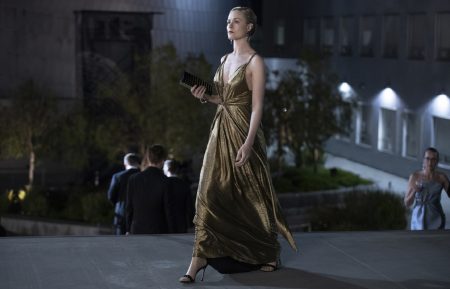
Spoiler Alert
6 Questions We Have After the ‘Westworld’ Season 3 Premiere (PHOTOS)

See the New & Returning Characters of ‘Westworld’ Season 3 (PHOTOS)

Dolores & Maeve Go Head-to-Head in ‘Westworld’ Season 3 Trailer (VIDEO)
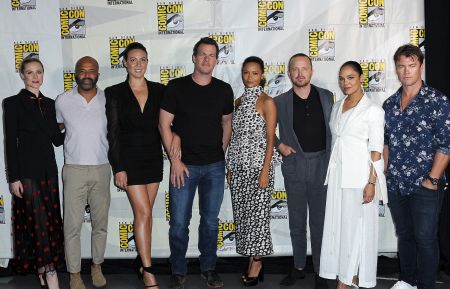
When Exactly Does ‘Westworld’ Season 3 Take Place? 20 Tidbits From the SDCC Panel
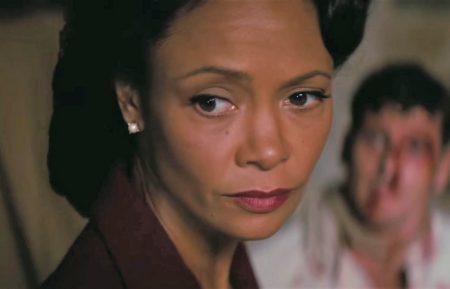
‘Westworld’ Reintroduces Familiar Faces & Welcomes New Ones in Season 3 Trailer (VIDEO)

‘Sesame Street’s ‘Game of Thrones’ Lesson in Respect & More of Its TV Crossovers (VIDEO)
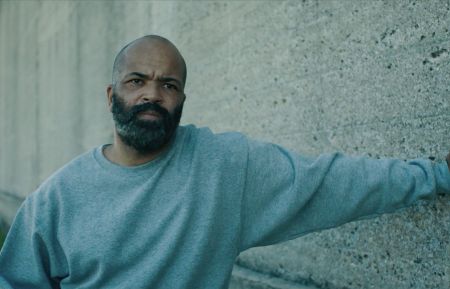
Preview
HBO’s ‘O.G.’: Jeffrey Wright on What It Was Like Filming in a Real Prison
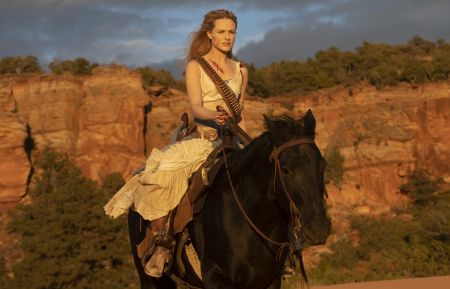
Spoiler Alert
Which Characters Will Return For ‘Westworld’ Season 3? An Investigation
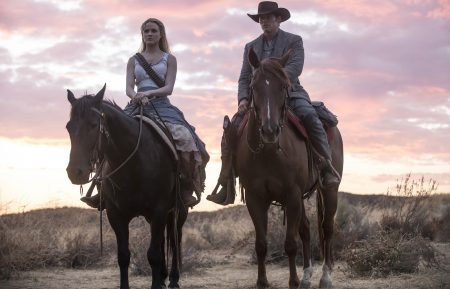
The 10 Good, Bad & Ugly Theories of ‘Westworld’ Season 2
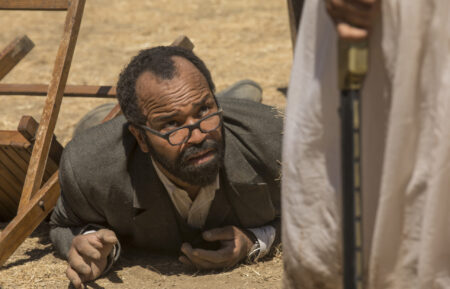
This ‘Westworld’ Theory About Bernard & Teddy Will Blow Your Mind
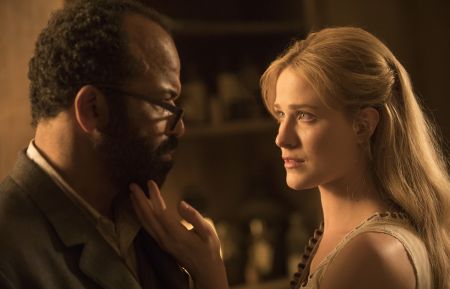
‘Westworld’ Sneak Peek: 6 Images From Episode 3, ‘Virtù e Fortuna’ (PHOTOS)
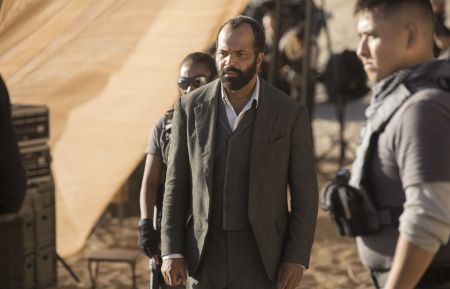
7 Things We Learned About ‘Westworld’ Season 2 at the Tribeca Panel
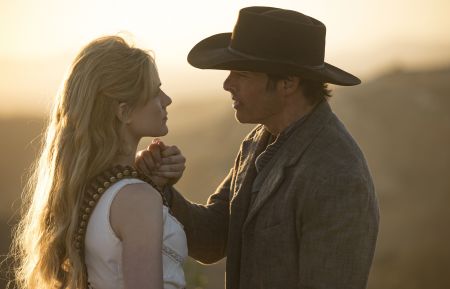
‘Westworld’ Season 2: The Cast Teases the Fates of Their Characters
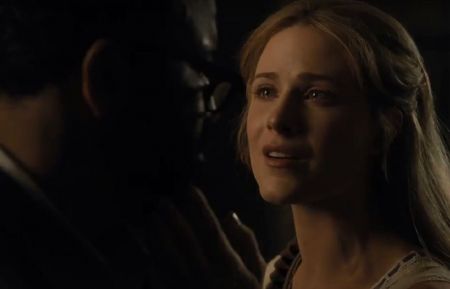
‘Westworld’: The Hosts Fight Back in a New Full-Season 2 Trailer (VIDEO)
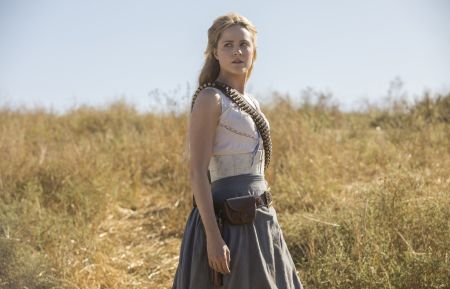
The ‘Westworld’ Secret Season 2 Title Gives a Major Hint at What’s to Come
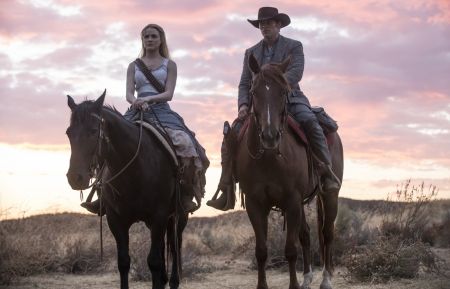
Check out These Stunning New ‘Westworld’ Season 2 Photos
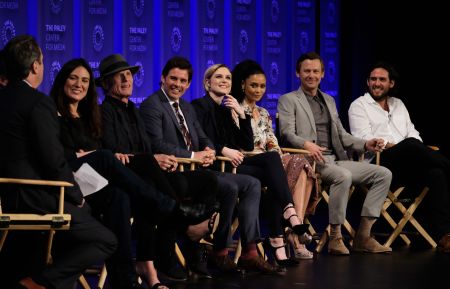
Comic-Con 2017: ‘Westworld’ Panel Live Blog
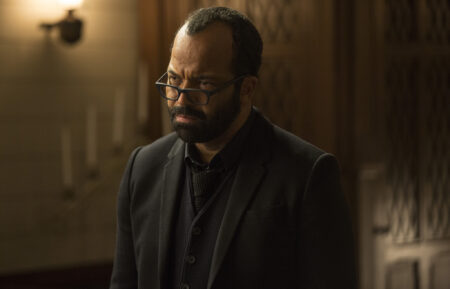
‘Westworld’: Jeffrey Wright On His Dual Role in the Season Finale, Finding Out the Final Twist and More
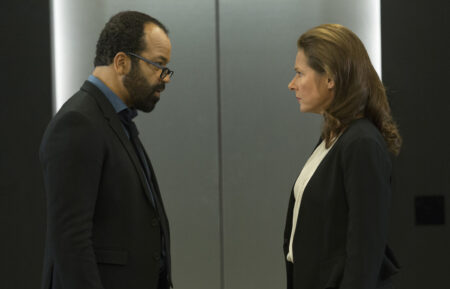
‘Westworld’ Just Confirmed a Major Fan Theory in ‘Trompe L’Oeil’
